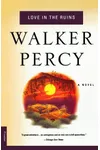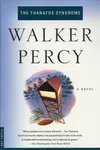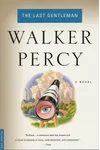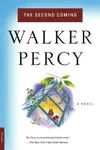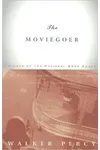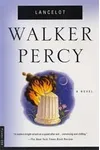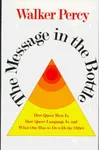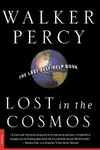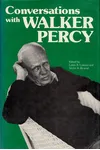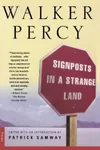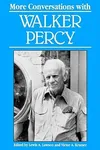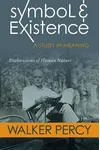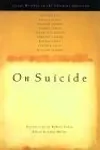Picture a Southern storyteller who turned the quiet struggles of modern life into captivating tales—meet Walker Percy! Born in Alabama in 1916, Percy became a literary giant with his debut novel, The Moviegoer, which snagged the National Book Award in 1962. His stories, rich with wit and existential musings, explore alienation and the search for meaning in a fragmented world, making him a timeless voice in American literature.
The Making of Walker Percy
Walker Percy’s journey to literary stardom was anything but ordinary. Born in Birmingham, Alabama, he faced early tragedy with his father’s suicide and his mother’s death in a car accident. Raised by his cousin in Mississippi, Percy studied medicine at Columbia University, but a bout with tuberculosis shifted his path. While recovering, he dove into philosophy and literature, drawing inspiration from existentialists like Kierkegaard and Camus. This blend of science, faith, and philosophy shaped his unique storytelling voice.
Walker Percy’s Unforgettable Stories
Percy’s novels are like a conversation with a wise, witty friend who sees the world’s absurdities. His debut, The Moviegoer (1961), follows Binx Bolling, a young man drifting through life in New Orleans, seeking purpose beyond the silver screen. The novel’s introspective charm won the National Book Award and cemented Percy’s reputation. Love in the Ruins (1971) mixes satire and science fiction, imagining a dystopian America where a psychiatrist invents a device to fix souls. The Second Coming (1980) revisits themes of redemption, blending humor with deep questions about faith. Percy’s style—sharp, philosophical, and laced with Southern charm—tackles the malaise of modern life with a hopeful twist.
His six novels, along with essays like Lost in the Cosmos, showcase his knack for blending satire, theology, and existential inquiry. Percy didn’t just write stories; he invited readers to wrestle with life’s big questions, all while chuckling at humanity’s quirks.
Why Walker Percy Matters
Walker Percy’s work resonates because it speaks to the universal human experience—feeling lost in a world that’s supposed to have all the answers. His novels influenced generations of writers, from Southern authors to existential storytellers, and his ideas still spark discussions in classrooms and book clubs. By blending humor, faith, and philosophy, Percy offered a roadmap for navigating modern life’s uncertainties, making his legacy as vital today as ever.
About Walker Percy
- Born: May 28, 1916, in Birmingham, Alabama
- Key Works: The Moviegoer, Love in the Ruins, The Second Coming
- Awards: National Book Award for Fiction (1962)
- Died: May 10, 1990, in Covington, Louisiana
Ready to get lost in a world of wit and wisdom? Grab The Moviegoer and dive into Walker Percy’s unforgettable Southern stories!
